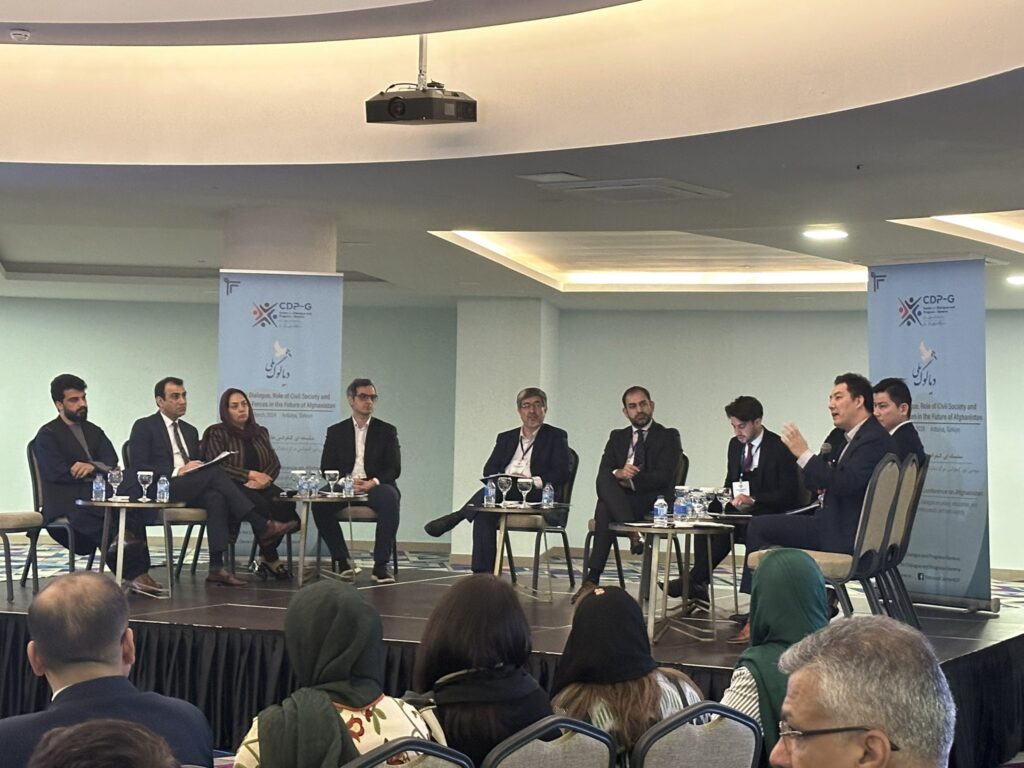Washington (March 4, 1402, Kubha News): The third Antalya meeting, initiated by the Center for Dialogue and Progress-Geneva, commenced in Turkey with the participation of eighty experts, analysts, human rights activists, and diplomats.
This conference, which began on March 4 and will continue tomorrow, will discuss six topics related to Afghanistan.
On the first day of discussions (Monday), in addition to addressing the humanitarian situation and constraints on women, the constitutional vacuum for resolving the current crisis in Afghanistan was also discussed.
The participants of this dialogue emphasized that the only way out of the current dilemma and reaching a collective agreement among Afghans is through the establishment of a constitutional law.
Abdulali Mohammadi, one of the panel participants discussing power and governance, stated: “Afghanistan is amongst the fragile countries, that suffers from economic, and cultural affairs. We need to find a solution for such a country. The question is what do we mean by constitution? What do we expect from it?”
The Taliban authorities have previously stated that they are working on a constitutional law, but the participants of the Antalya Conference mentioned that Afghans are not aware of any details regarding the approval of this plan.
The participants of this conference also identified the lack of cohesion among Afghans abroad as a fundamental problem in the failure to reach an agreement to resolve the crisis in Afghanistan.
Timur Sharani, the former deputy of DGI and the participant in this dialogue, said that Afghans are divided into three categories regarding the political future of their country. One group wants to the statues que, the second group seeks to share in power, and the third group aims for a decentralization of the power.
Ismail Miakhil, a media activist, stated that to overcome the current situation, there is a need for an agreed-upon framework. According to him, the Taliban claim to govern Afghanistan “within the framework of Sharia, but Sharia is interpretable. However, the Taliban must clarify whether they rule Afghanistan as a system or a group.”
Sanga Sediqi, a women’s rights activist in this conference, mentioned that the legal vacuum and the lack of an accountable government have resulted in not only restricting the freedoms of women but also impacting men in Afghanistan.
